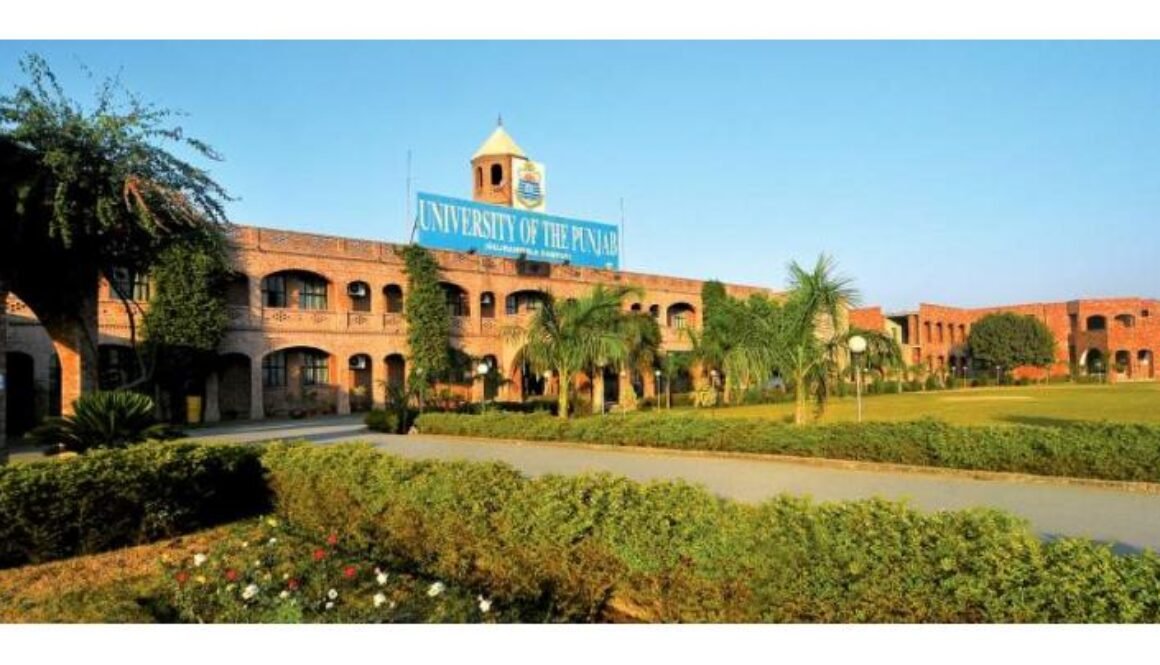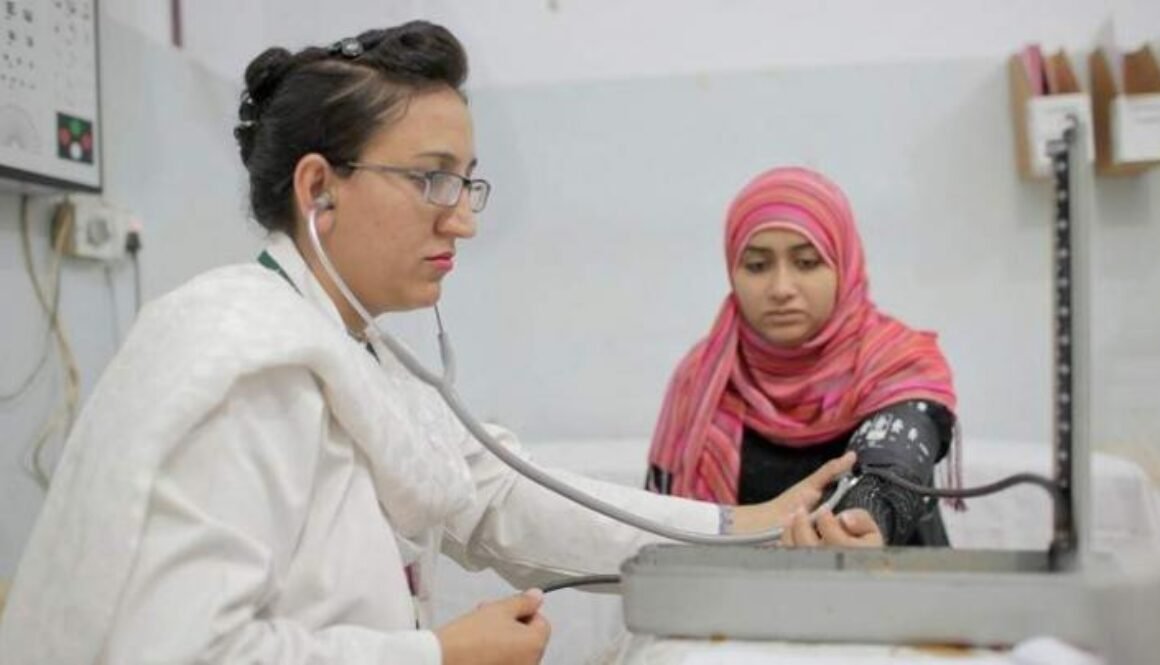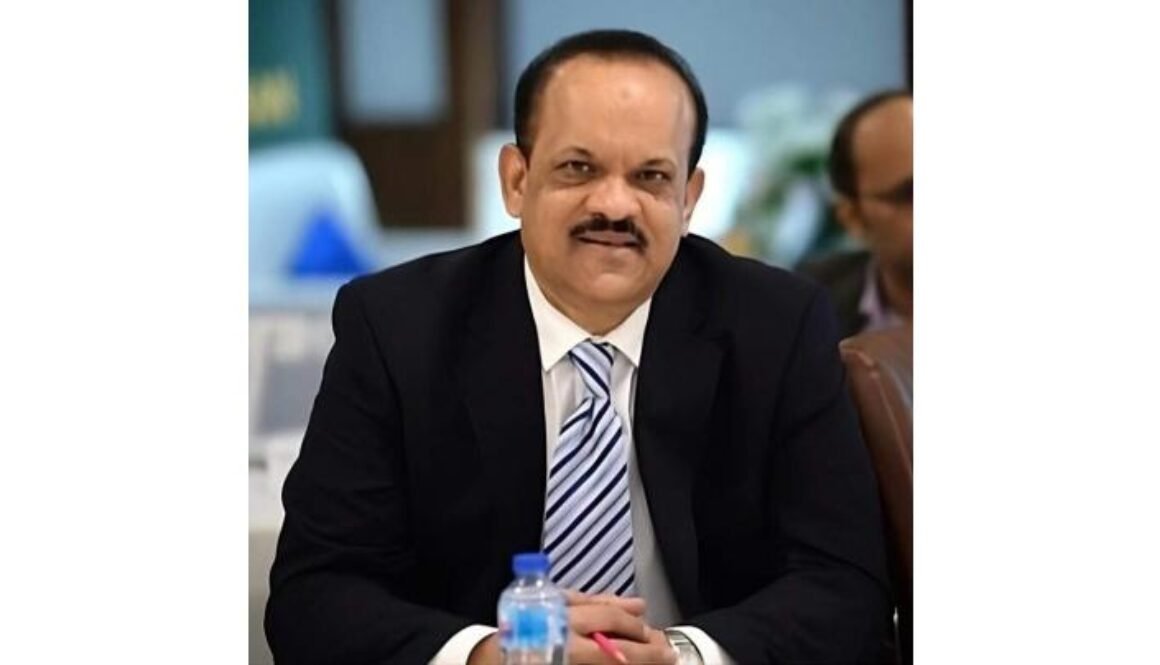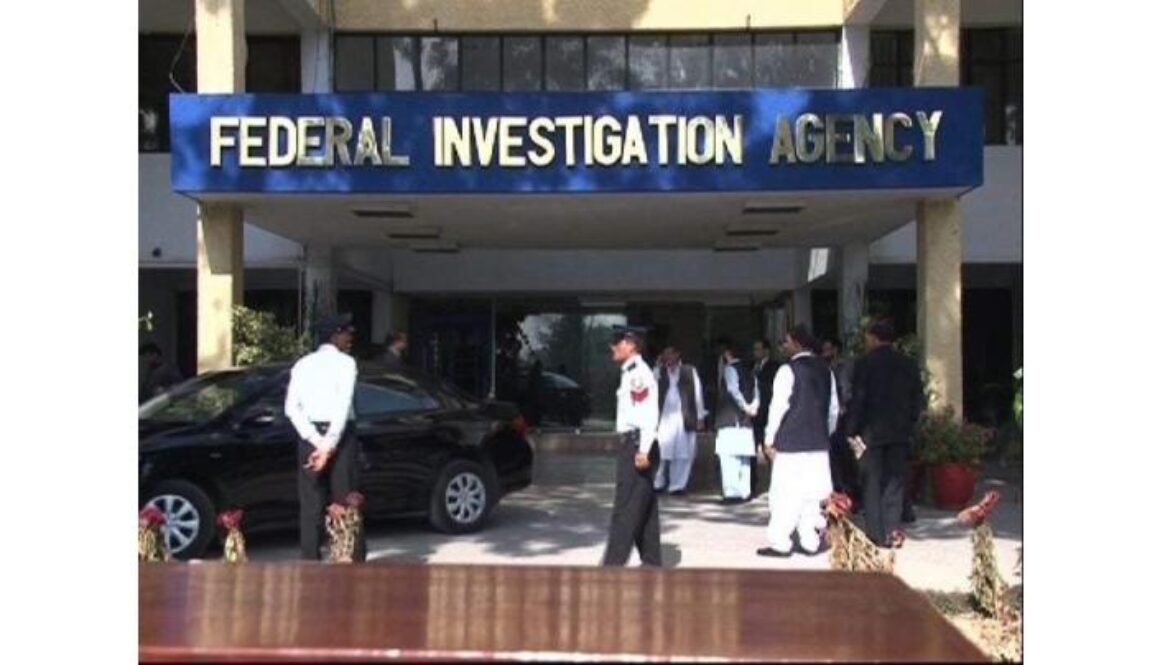Academic Staff Of QAU Meet Chairman HEC
A delegation from the Academic Staff Association (ASA) of Quaid-i-Azam University Islamabad met with Dr. Mukhtar Ahmed, Chairman of the Higher Education Commission (HEC) Pakistan, on Wednesday. The delegation included President Dr. Mazhar Iqbal, Vice President Dr. Aneesa Sultan, General Secretary Dr. Khalid Saleem, and Joint Secretary Dr. Fakhar Bilal, as stated in a press release.
During the meeting, the ASA highlighted the financial challenges faced by Quaid-i-Azam University, Pakistan’s top-ranking higher education institution. The Chairman was informed that the university’s normal functioning was impaired due to a shortage of funds.
The ASA emphasized that the Tenure Track System (TTS) was designed to attract and motivate highly capable and productive faculty members through a competitive pay package. However, due to infrequent salary revisions, TTS salaries now lag behind the regular Basic Pay Scale (BPS) package and do not offer post-retirement pensions or benefits.
ASA-QAU advocated for a 60% increase in TTS salaries to match the salary increases received by other government employees over the past several years. They also demanded a proportional annual increase in salaries as announced by the government for all government employees.
Dr. Mukhtar Ahmed acknowledged the insufficiency of the higher education budget given the increasing expenditures. He promised to advocate for a budget increase with the government and informed the delegation that the HEC has already taken up the issue of TTS salary increases with the government. He agreed to issue a new communication to the government regarding this matter.
Additionally, Dr. Ahmed mentioned that the HEC is providing technical and financial support to universities for implementing solar energy projects, with special consideration for Quaid-i-Azam University. This initiative aims to help QAU mitigate high energy costs, which are significantly affecting its budget.
The ASA thanked the Chairman for his time and agreed to maintain ongoing communication regarding the issues faced by the academic community.











